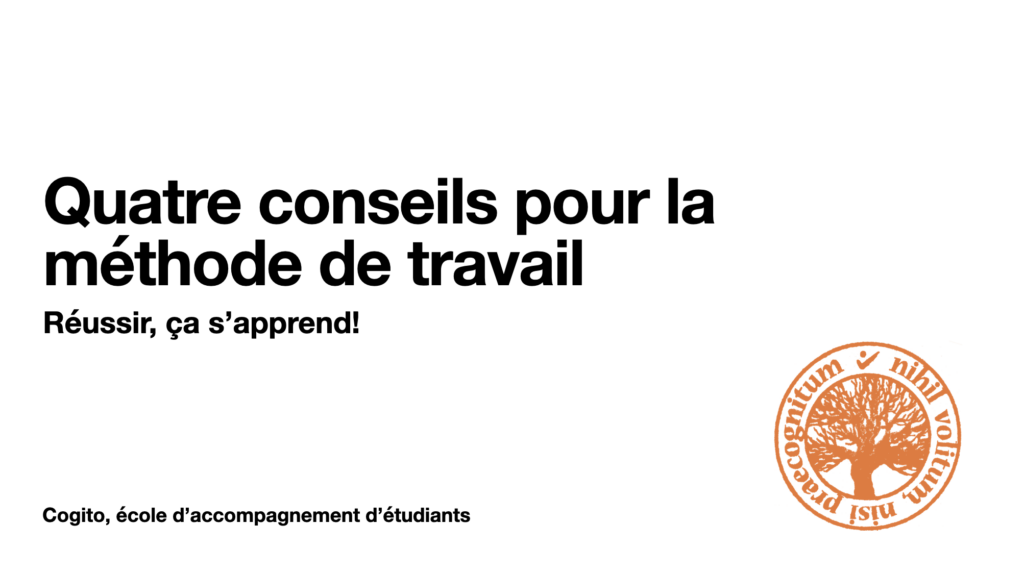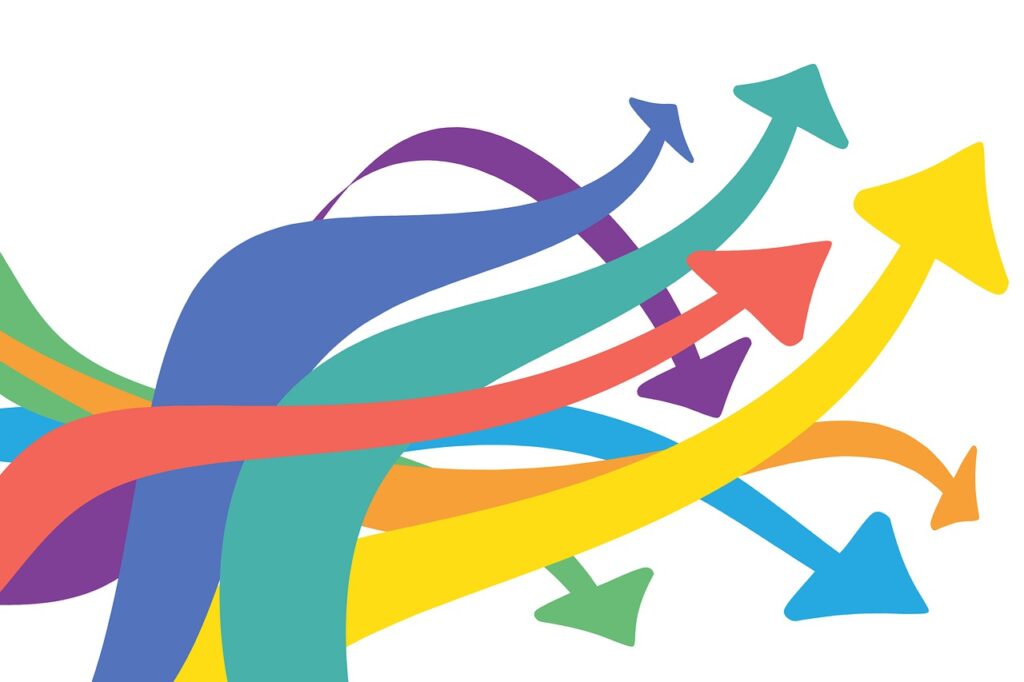1. Self-assessment of knowledge
This self-assessment strategy, which can be applied at any age, encourages students to evaluate the knowledge they have acquired through assessment sessions. To implement it, the student creates, for example revision summaries containing keywords or summaries of the content to be learned. This enables a process of self-inquiry to be initiated, facilitating better retention of the information. An effective tip, and a real working method, is the "blank sheet" technique, which consists of reproducing on the reverse side the relevant knowledge content from the front. This encourages a natural memorisation process.
Tip: the assessment can be organised in small groups, or in pairs, with a student from the same class, or on your own.
2. Structuring Study Time
Suitable for everyone, this strategy recommends dividing up study time according to a structured pattern, rather than working according to moods and the time left over by extra-curricular activities. Set work periods during the week and at weekends, and stick to them. This also helps you better appreciate the relationship between subject content and the time you give yourself to study it.
Tip: this technique also frees up a lot of time for extra-curricular activities, so you know what you're doing!
3. Non-alternation of Materials
Under various pretexts, many students flit from one course to another. It is preferable to concentrate on one subject, to achieve the objective set, before moving on to the other subject. This allows you to acquire serious knowledge, while at the same time giving you a sense of real progress. Nothing could be more stimulating!
Tip: The method is to be cost-effective in your study. Anything that wastes time without adding to the knowledge acquired can be omitted.
4. The "Why" Technique
This technique encourages learners to ask "why" questions in order to establish logical and causal relationships between the information presented to them. This working method encourages deep understanding and active engagement in the learning process, enabling students to relate new information to their pre-existing knowledge. A must!
Tip: the why technique is just as effective in French as it is in science!
Working method
Working methods are the poor relation of our education system. Many teachers already have so much to do when it comes to imparting knowledge that they can't find the time to tackle the issues from a methodological angle.
What's more, our schools don't always have the human resources to provide individual guidance on working methods. And yet, if there is one area of teaching that benefits from individualisation, it is that of working methods.
Our advice would be to implement the four tips given here, and to call on us for a more individualised methodif necessary.



